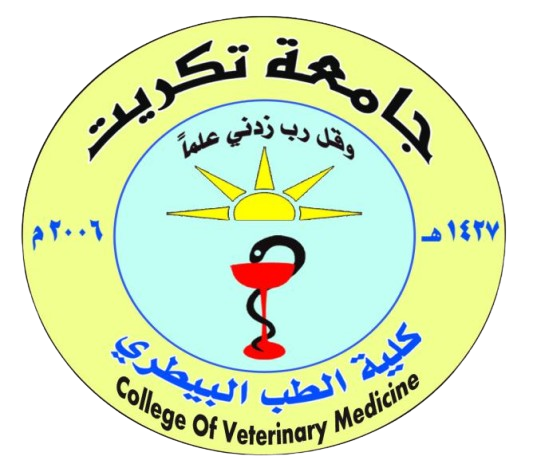Scientific Research Ethics
Achieving scientific innovation in the areas of effective community partnership, while adhering to ethical principles and professional foundations, ensuring the ethical treatment of animals, and facilitating scientific research that includes animal experiments.
All research related to living organisms (human, animal, plant) conducted in the college must be consistent with the ethics of scientific research, ensure the safety of researchers and the research sample, and be committed to applying biosafety and environmental safety standards, applying standard ethical standards for the use of experimental animals in education and research, and accrediting the program for their care and use in education and scientific research with international accreditation.
It is one of the most important fields in science, as it aims to ensure integrity, credibility, and professionalism in conducting scientific studies and research. It is also considered an essential reference for graduate students and researchers in laboratory and field work, and for making appropriate decisions during scientific research.
Academic integrity is one of the most important ethics of scientific research. It requires refraining from manipulating data or distorting results to achieve personal or collective goals. Information and data must be handled honestly and transparently, and researchers (both graduate and postgraduate) must be prepared to provide explanations and clarifications for their work, justify their results, and avoid any manipulation.
Ethics and the rights of researchers participating in research must be adhered to, whether the samples are humans or experimental animals. Consideration must also be given to obtaining prior consent from participating researchers and respecting their privacy and rights if experiments are conducted on human samples. Laboratory and field animals must also be taken into account. This requires refraining from any pressure, manipulation, or exploitation of the samples used in the research.
It is an important part of the curriculum that researchers and scientists in the biological and medical sciences must adhere to. It aims to ensure that laboratory animals are treated with the utmost kindness, respect, and care, and to provide guarantees for their rights and welfare.
The Animal Ethics Committee at Tikrit University (College of Veterinary Medicine), affiliated with the College Council, is responsible for ensuring the requirements of the guidelines and protocols for the use of animals in research, testing, and teaching requirements within the College of Veterinary Medicine laboratories exclusively. Therefore, no faculty member or student may use animals for research (including administering medications to animals, scratching animals, collecting animal tissue, or even euthanizing animals) without prior approval from the Animal Ethics Committee (AEC). Applicants for an Animal Ethics Approval Certificate must treat the animals under their control with due care and consideration for their welfare, and use the animals in a manner that causes them minimal stress and suffering.
The committee is also responsible for monitoring and evaluating the animal care and use protocol, its components, and how it is applied by researchers and undergraduate and graduate students. Its responsibilities include inspecting and evaluating experimental sites, reviewing proposed uses of animals for research, testing, or teaching, and establishing a mechanism for receiving and reviewing concerns related to the care and use of animals at the college. The Animal Ethics Committee reviews written requests for the use of animals in research, testing, and teaching and approves their use only if it is satisfied that their use complies with the Animal Welfare Act 1999 and the regulations relating to the acquisition, possession, care, and treatment of animals in a safe research setting. Approval of requests is unanimously approved by all members of the Animal Ethics Committee.






